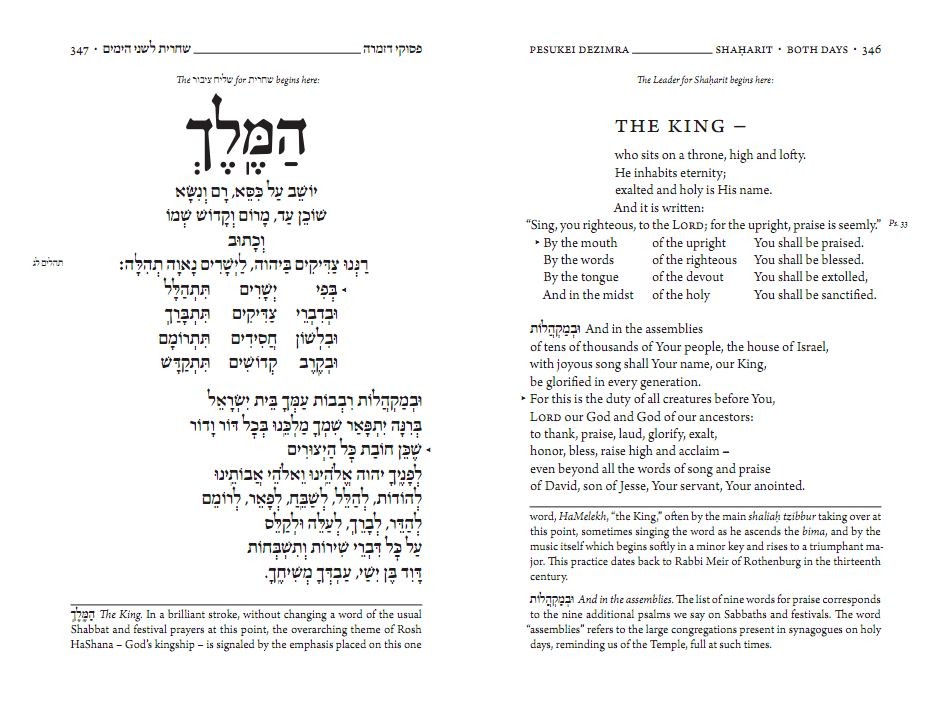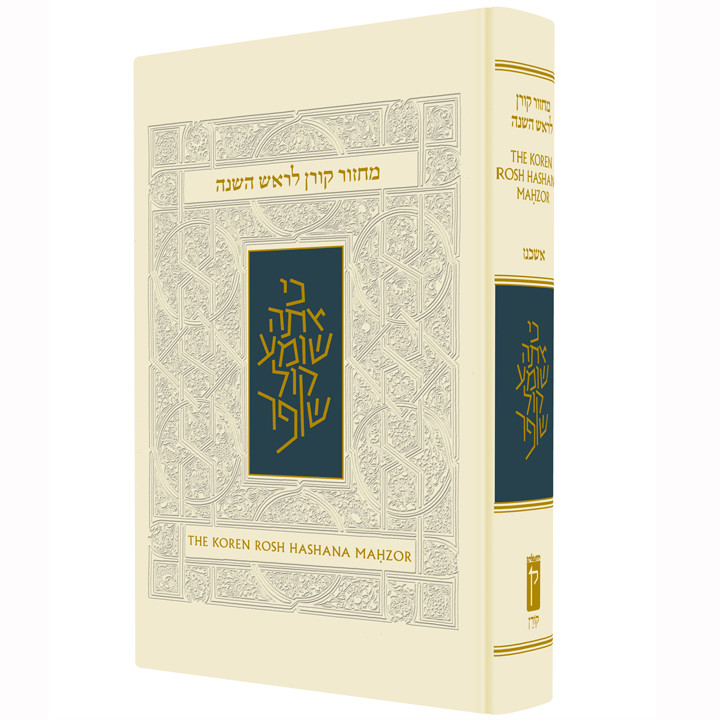Kosher Bookworm: Learning the new Koren Mishnah for Rosh Hashana
Koren Publishers have once again blazed a new trail in translation and commentary with the Koren Rosh Hashana Mahzor, an all-new English translation and commentary by British Chief Rabbi Jonathan Sacks.
Following up on its highly acclaimed siddur for year round use, this new high holiday work features an translation and commentary of the four chapters of Mishnah Rosh Hashana that deal with the very foundation of the observance, as well as purpose, of this sacred holiday.
There is a very strong custom among many to learn this mishna the week before and on Rosh Hashana itself.
Thus, the publishers chose to include this mishna into the mahzor text, something that until recently was novel to mahzor publishing.
What is really unique in this effort is that instead of adopting someone else’s work and commentaries, Koren set out to establish an all new in-house translation and extensive commentary of the mishna text. The translation was written by Jessica Sacks and the commentary was developed and written by Rabbi David Fuchs.
Jessica Sacks studied English literature at Cambridge University, Hebrew literature and Agadda at the Hebrew University, and Jewish Studies at Midreshet Ein Hanatziv and Beth Morasha. London born, she has been living in Jerusalem for the past seven years, and translating for Koren since 2008.
Rabbi David Fuchs was ordained by the Chief Rabbinate of Israel in 2005. From 1994 to 2007, he studied at the famed Yeshivat Har Etzion. He previously studied physics and mathematics at the Hebrew University.
Since completing his studies at Har Etzion, Rabbi Fuchs became editor of Hebrew liturgical texts at Koren, working full time on the development of The Koren Sacks Siddur, The Koren Mesorat HaRav Kinot, and the new Israeli Koren Siddur. He lives in Alon Shevut together with his wife and five children.
In his introduction to this commentary Rabbi Fuchs goes into great detail in explaining the intricacies that constitute a quality translation involving the works of the Jerusalem Talmud, the Rif, the Tur, the entire Shulchan Aruch, the Tosefta, and other related commentaries and poskim.

 50.0°,
Overcast
50.0°,
Overcast 







